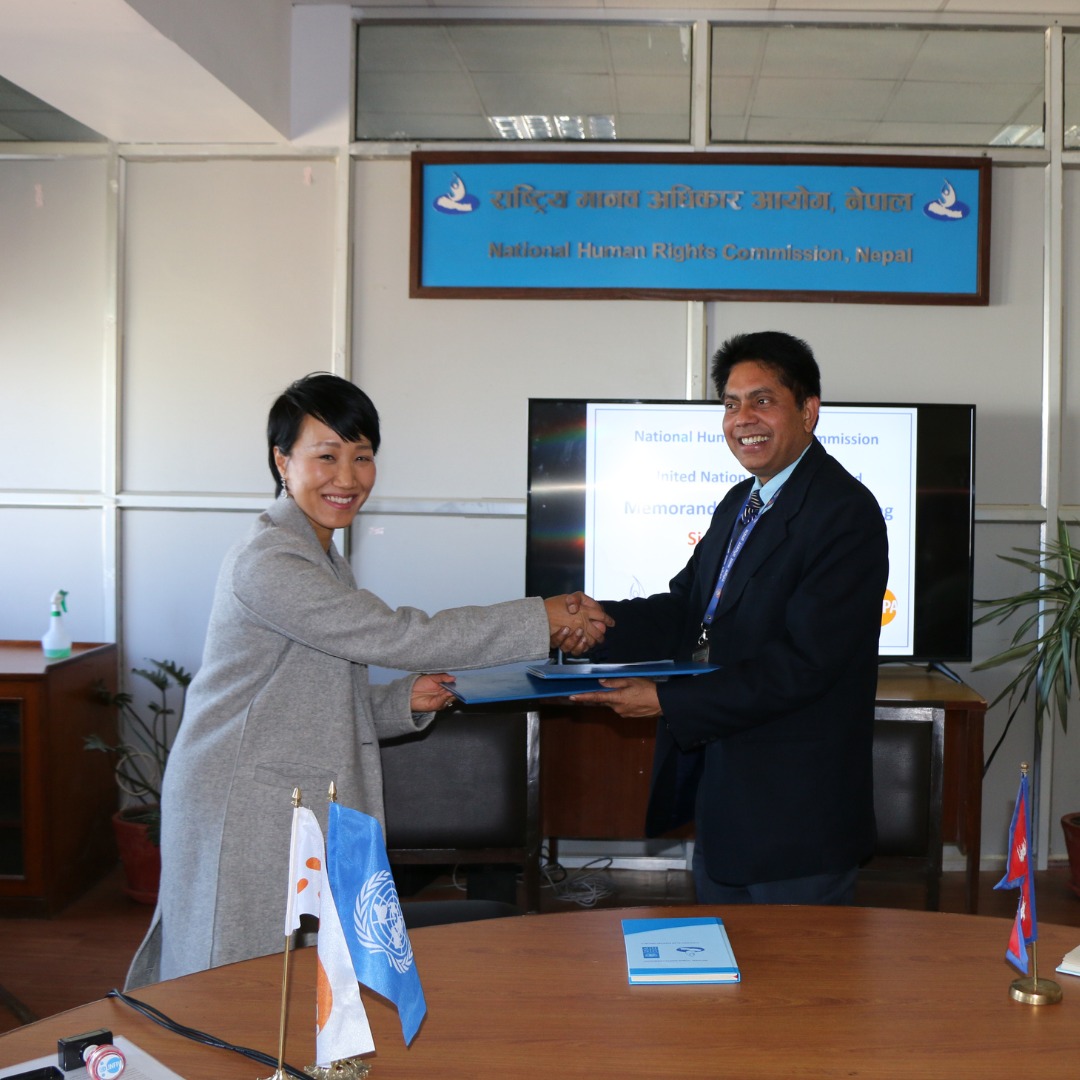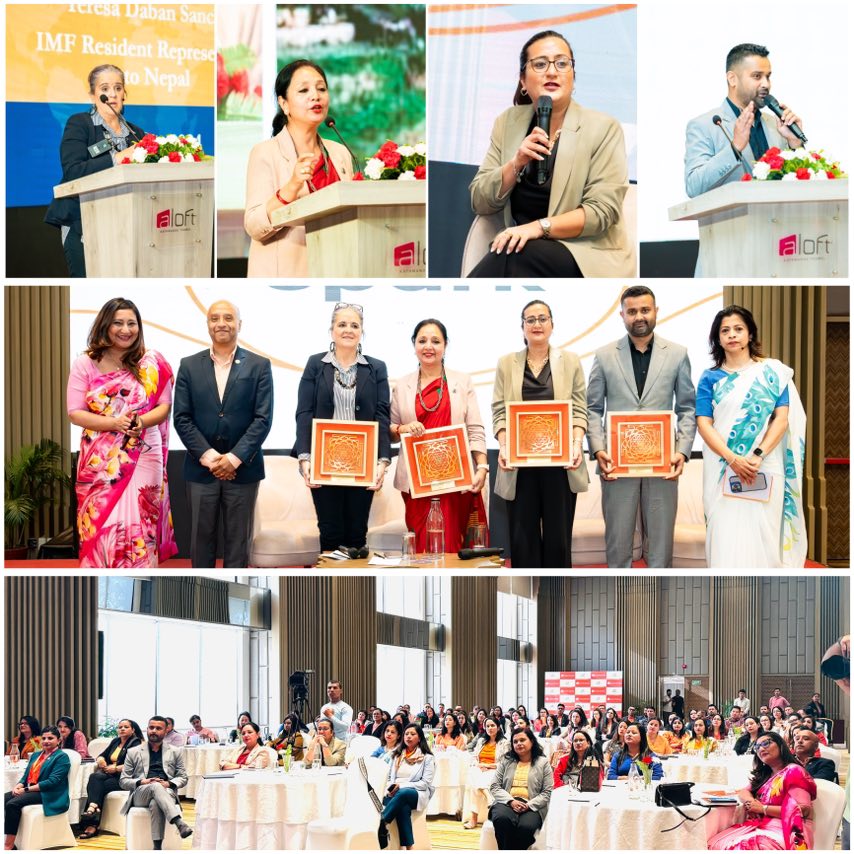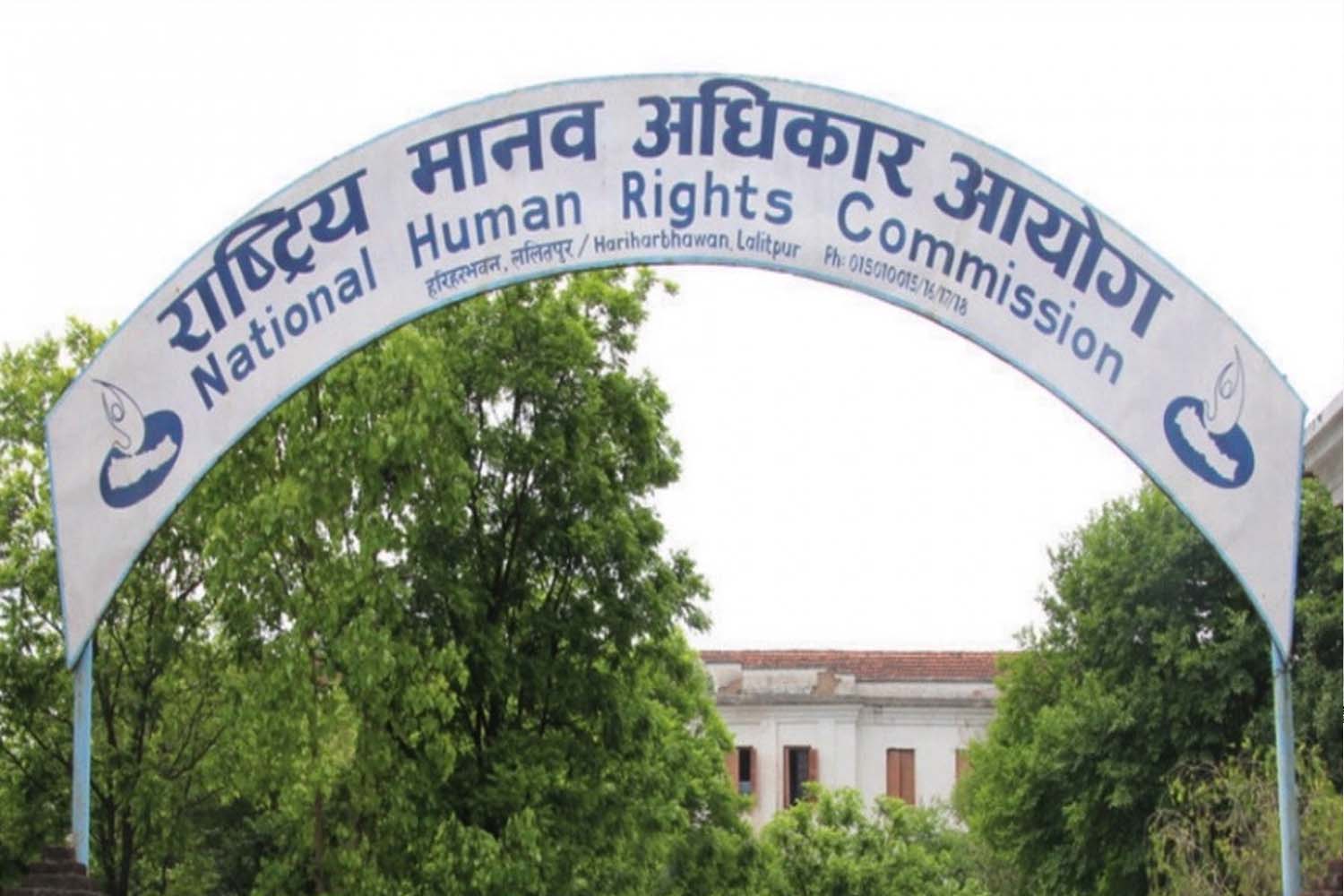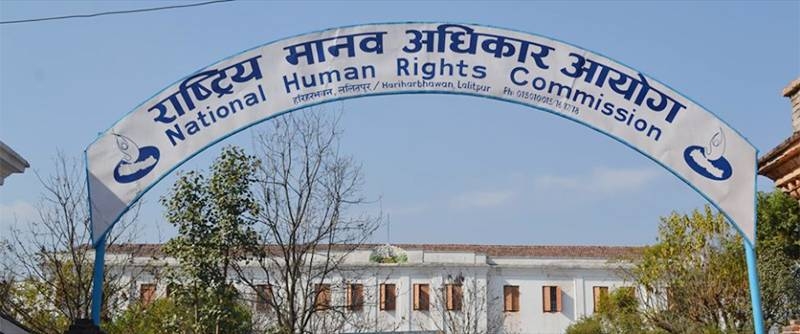
KATHMANDU, Jan 24: The United Nations Population Fund (UNFPA) entered into a partnership on Monday with the National Human Rights Commission (NHRC) to support NHRC’s effort for promoting human rights, gender equality, sexual and reproductive health rights, and combating gender-based violence (GBV) and harmful practices.







